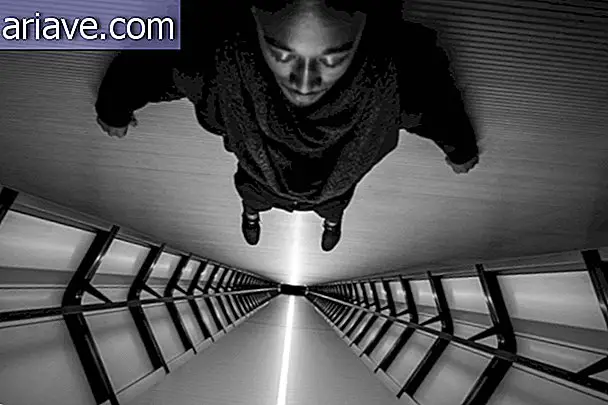Stephen Hawking says concept about black holes could be wrong
Black holes, according to the modern concept developed by physics, are unimaginably dense regions of space in which gravity is so absurdly strong that nothing, not even light, can escape being swallowed by them. One of the physicists who helped develop this concept was Stephen Hawking and, according to the Briton himself, this notion may be slightly mistaken.
For Hawking, black holes - as we conceive them today - do not exist. According to the physicist, the problem with the current concept is the notion established by the classical theories of the so-called “event horizon, ” that is, a well-defined boundary that determines how far anything can approach a black hole without being hopelessly swallowed up. him never to escape.
Relativity x Quantum Physics
However, the principles of quantum physics contradict this idea, suggesting that matter and energy engulfed by black holes are not imprisoned within them indefinitely. Thus, to explain this paradox, Hawking proposes an “apparent horizon” - with much less defined boundaries - rather than an event horizon that would fluctuate according to quantum effects.
Moreover, according to the new theory, black holes should not be understood as death holes. Hawking suggests that black holes are understood as places in which matter and energy are swallowed and transformed, and then returned to the universe differently.
According to the new theory - if it could be proved - if an astronaut accidentally falls into a black hole, for example, instead of his body immediately burning into a barrier of intense radiation, as quantum physics suggests, or even being completely crushed inside the hole, neither scenario would happen. The lack of an event horizon solves the paradox by eliminating the radiation barrier.
As expected, Hawking's proposal - which hasn't even been published yet - is already making a point. For many physicists, the idea that there are no points from which a black hole can no longer be escaped is in some ways even more problematic and challenging than explaining the nature of these regions of space according to current concepts of them. . Therefore, we can expect more debate as Hawking's study is published.











